
58% of Women and Girls Across 22 Countries, Including Nigeria, Face Online Harassment
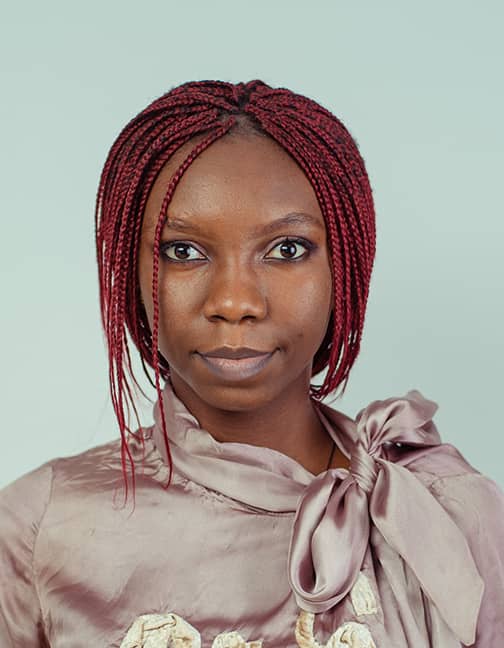
Jecinta Egbim is an Nguvu Change Leader, Educationist, Mental Health advocate and Counselor. She is the curator of Nigeria’s first Art Therapy event for Young Children and Adolescents, ‘The Art Xplosion’, and the founder of the Adolescents Safe Haven Club, a mental health education club in secondary schools and Primary Health Care centres. She is the executive director at Friends Advocacy For Mental Health Initiative. In this interview by KANGMWA GOFWEN to mark the 16 days of Activism against Gender-Based Violence (Nov 25 – Dec 10), she speaks about how widespread Online Gender-Based Violence (OGBV) is in Nigeria, the psychological and emotional impact on victims, legal and how to support them.
What exactly is Online Gender-Based Violence (OGBV)?
Online Gender-Based Violence (OGBV) refers to any form of technology-facilitated violence targeted at an individual because of their gender, often driven by societal prejudice and harmful stereotypes. OGBV encompasses various forms of cybercrimes, including cyberstalking, sextortion, cyberbullying, online sexual harassment, and the non-consensual sharing of intimate images. Women and girls, in particular, are disproportionately affected by these online attacks, which are rooted in gender inequality and misogyny.
How widespread is OGBV in Nigeria, especially among women and vulnerable groups?
A 2020 survey by Plan International, which interviewed 14,000 girls aged 15–25 across 22 countries, including Nigeria, revealed that 58% of respondents had experienced online harassment or abuse. This alarming figure reflects the vulnerability of women and girls in Nigeria, where societal norms often make them the primary targets of such abuse. Research by the African Polling Institute further highlights this, showing that 50% of women in Nigeria have encountered gender-based hate speech, either directly or indirectly, compared to 36% of men. More than 60% of Nigerians are aware of others who have suffered from online violence, underscoring the growing normalisation of such harmful behaviour in cyberspace.
What emotional and psychological effects does OGBV have on victims, and how can we support them?
OGBV can have a profound impact on victims, especially women, who often face compounded societal pressures. These attacks reinforce long-standing biases and stereotypes about gender, eroding victims’ self-esteem, confidence, and mental health. The psychological consequences can include depression, anxiety, and, in extreme cases, trauma-induced suicidality. The emotional toll can lead to social withdrawal and self-censorship, preventing victims from freely expressing themselves online.
To support victims, it’s crucial to provide comprehensive psychosocial support, including mental health assessments, counselling, and peer networks. We must also focus on creating communities that empower victims to fight for their rights. Moreover, as bystanders, we are all responsible for taking action by holding perpetrators accountable and ensuring they face legal consequences. This requires providing training on reporting mechanisms and ensuring victims have access to legal support.
What initiatives has the Nguvu Collective launched to combat OGBV in Nigeria?
I am currently conducting school outreach programs in Kaduna and Abuja, focused on building mental resilience against Online Gender-Based Violence (OGBV). These sessions also provide training on available resources and actions students can take if they become victims of OGBV.
What legal frameworks are in place in Nigeria to protect victims of OGBV, and what further steps need to be taken?
Nigeria has made progress in establishing legal frameworks that protect individuals from online violence. These include the Nigeria Data Protection Regulation (NDPR) of 2019, which safeguards personal data from misuse and Cybercrimes (Prohibition, Prevention, Etc.) Act, which covers a broad range of cybercrimes, such as cyberbullying and online harassment. Additionally, the Violence Against Persons Prohibition (VAPP) Act prohibits all forms of violence, including online abuse.
However, there are still gaps that need to be addressed. First, there is a need for greater awareness about these laws and the mechanisms available for victims to seek justice. Legal aid must be more accessible and affordable, as many Nigerians struggle to navigate the legal system, particularly those from less privileged backgrounds. Furthermore, there is a lack of accountability for perpetrators, which encourages them to continue their harmful behaviour. Strengthening collaborations between key stakeholders—such as law enforcement, social media platforms, and legal service providers—will be vital in addressing these issues. Platforms like Kuram by TechHer and the Cybercrimes E-Reporting platform must be better promoted and more user-friendly to ensure victims can report incidents effectively.
How has technology, including social media and messaging apps, contributed to the rise of OGBV, and what role do these platforms play in perpetuating the issue?
Technology empowers people with malicious intent to indulge in this act through the relative anonymity it can provide. This isolates perpetrators’ reality from their actions, making them unaccountable for their actions. Social media can also amplify instigating content via algorithms. Although a regulatory system has been implemented, contents are still poorly moderated.
Despite the presence of regulatory frameworks, content moderation on many platforms still needs to be improved. These platforms must take greater responsibility for moderating harmful content and implementing more robust measures to protect users from online abuse. We must also continue to advocate for stronger regulatory systems that hold both perpetrators and platforms accountable for their roles in perpetuating OGBV.
Read More:
- Bill to Stop Multiple Budgets, Late Submission Under Review in Nigerian House of Reps
- Max Air Suffers 2 Burst Tyres, 5 Mechanical Faults Between 2023 and 2024
About The Author
Related Articles
Journalists Detained in Cameroon While Investigating U.S. Deportations
Four journalists were detained in Cameroon while investigating the deportation of African...
ByWest Africa WeeklyFebruary 23, 2026Marco Rubio Suggests Return to Western Dominance, Sparking Fears of Neo-Colonial Agenda After Controversial Munich Speech
United States Secretary of State Marco Rubio has stirred intense global debate...
ByWest Africa WeeklyFebruary 16, 2026Western Men Accused of Sexually Exploiting Women and Children Across Africa While Leaders Hand Out Visas to Predators
Across Africa, a troubling pattern has emerged. Western men with histories of...
ByWest Africa WeeklyFebruary 13, 2026Ghana Responds to Israel With Reciprocal Deportations
Ghana and Israel are locked in an unusual diplomatic standoff after Accra...
ByWest Africa WeeklyDecember 12, 2025








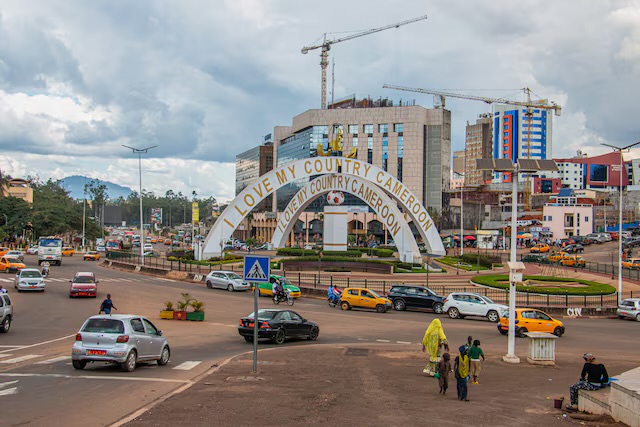
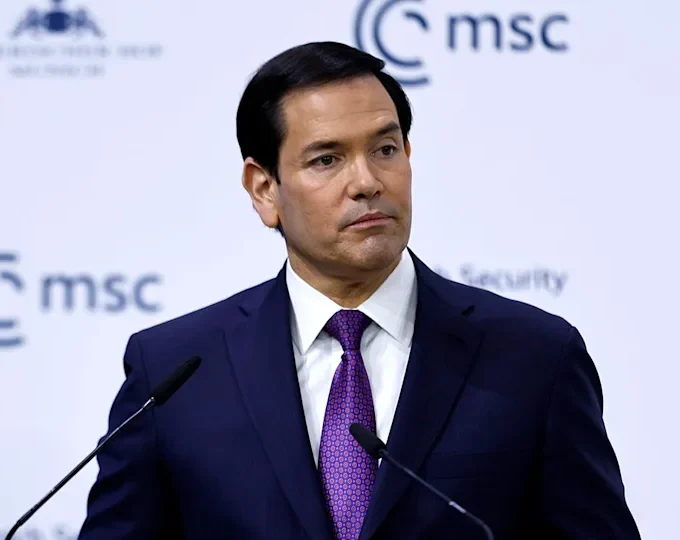
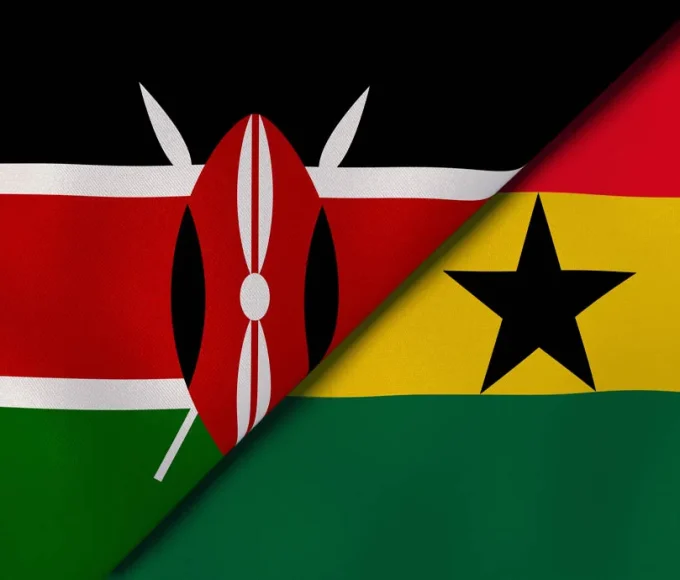
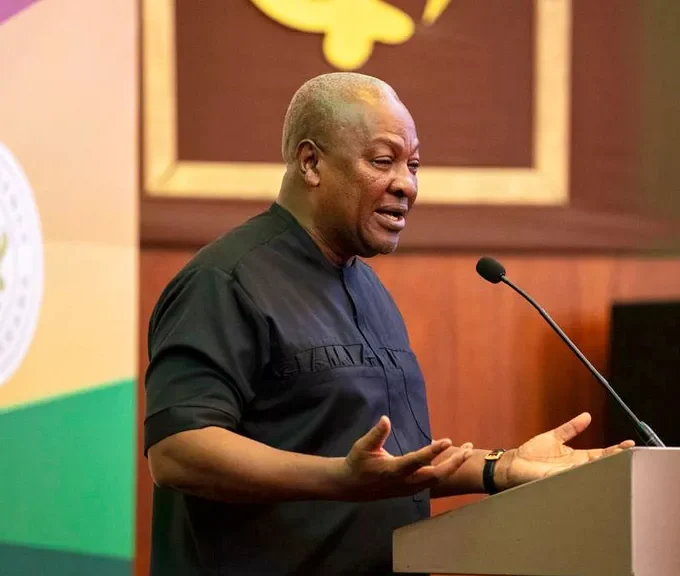
Leave a comment